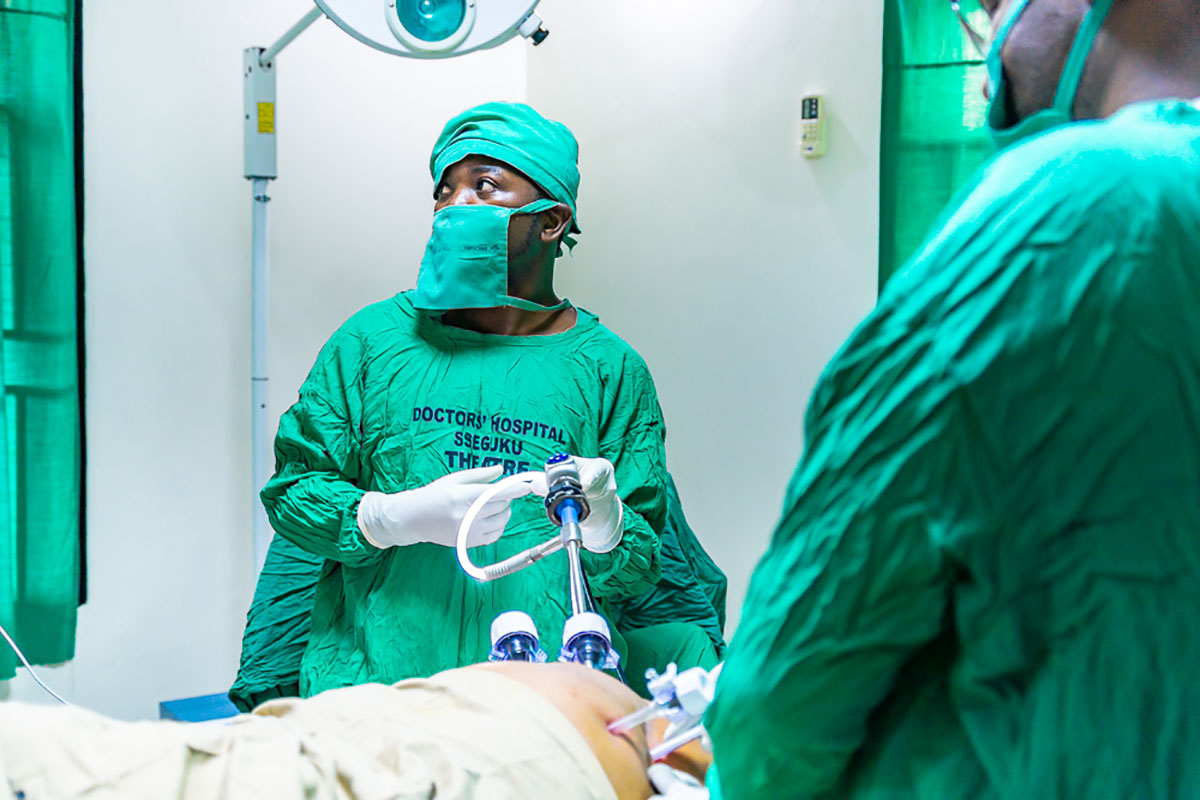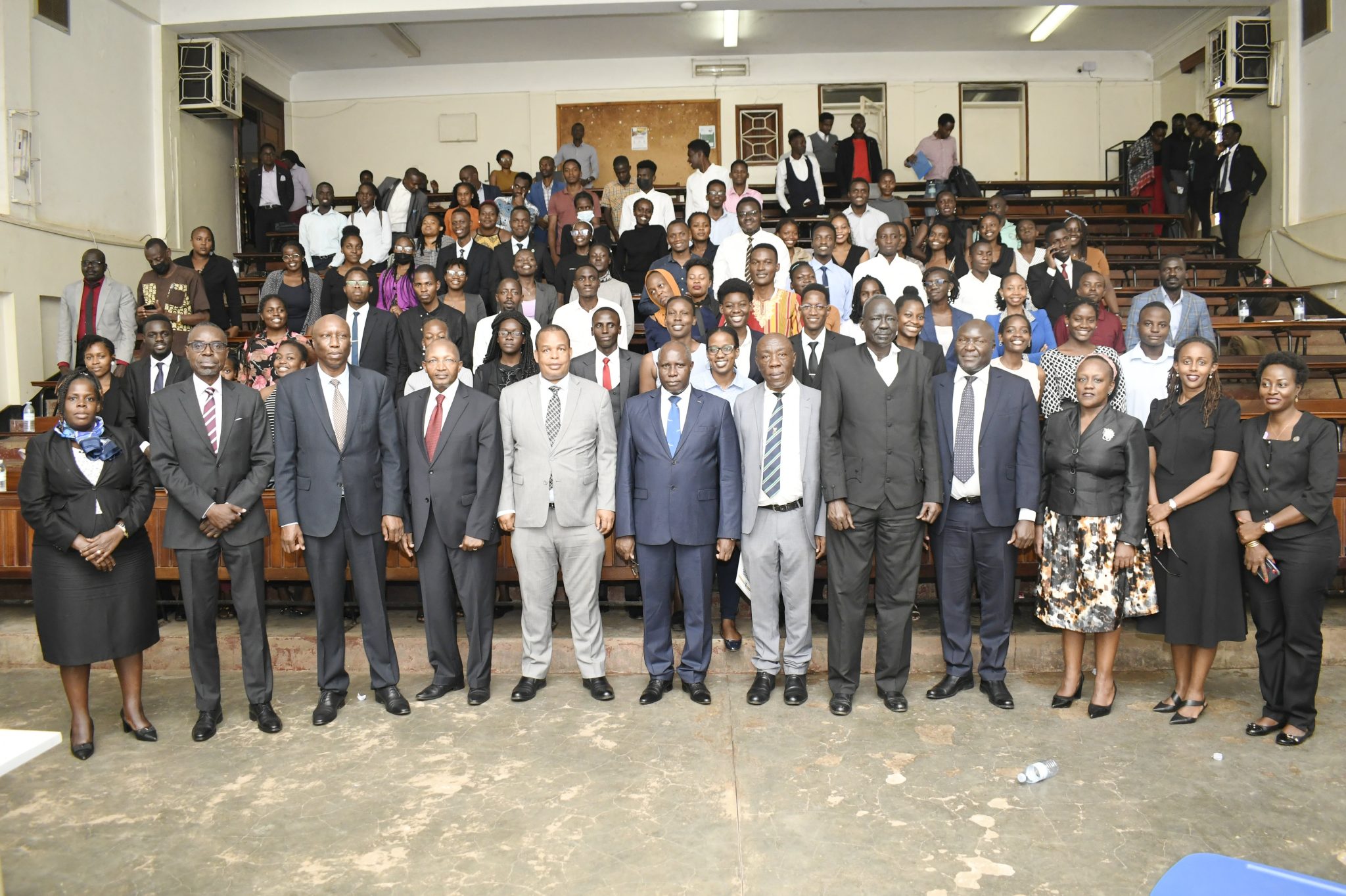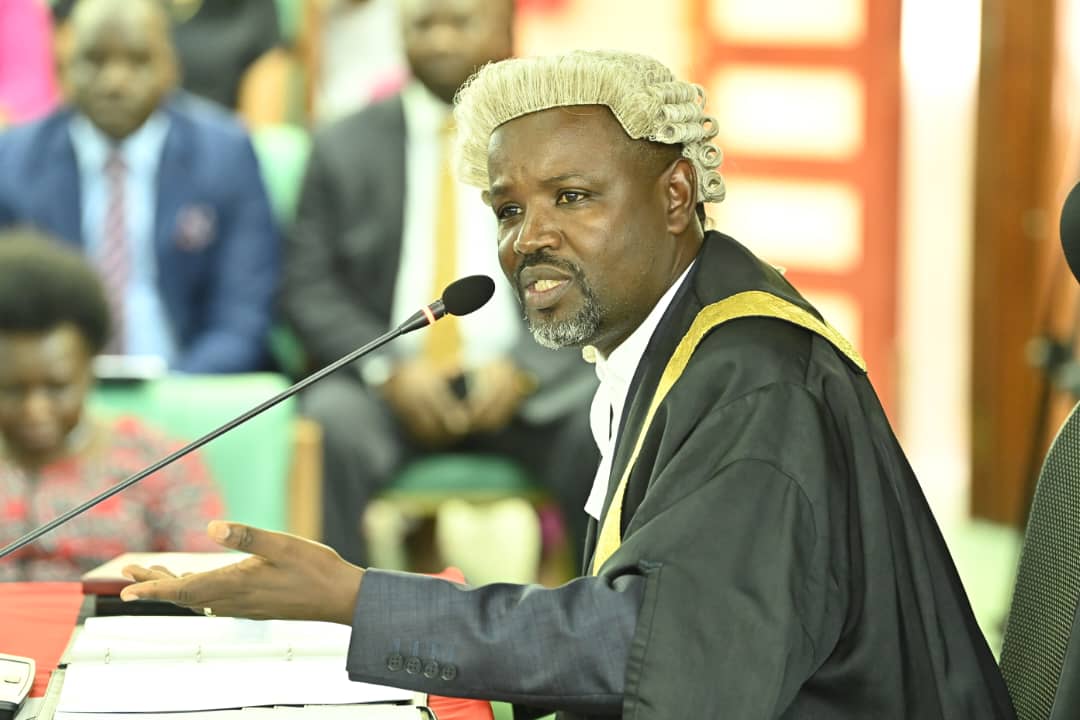Despite a well-organized Emergency Medical Services system, injuries are now the leading cause of death in Uganda, raising concerns among healthcare officials. According to the 2013/14 Ministry of Health Annual Health Sector Performance Report, injuries did not rank among the top 10 causes of death in Uganda. However, this situation has changed, with injuries now contributing to 7.3% of the major causes of death.
The Commissioner of Health and Emergency Medical Services, Dr. John Baptist Waniaye, expressed his worries about this upward trend, especially in the Kampala Metropolitan Area, where over 2,500 deaths were recorded in 2018/19 alone. Dr. Waniaye’s concerns were conveyed during the launch of a report on emergency response by Twaweza at Hotel Triangle in Mbarara City. Maria Nkalubo, the principal operations officer responsible for Emergency Medical Services in the Ministry of Health, read his speech.
The report, which aimed to gauge citizens’ opinions and experiences regarding emergencies and emergency medical services, surveyed 3,000 respondents through interviews conducted between September and October 2021. Nkalubo stated that the findings from this survey would guide decisions on improving emergency medical services in the country. She also highlighted that the survey’s six insights, key findings, and recommendations aligned with the current strategic direction of emergency medical services in Uganda.
Dr. Celestine Barigye, Director of Mbarara Regional Referral Hospital, reported a high number of emergency cases, predominantly caused by highway accidents. Sadly, most of these patients succumb shortly after reaching the hospital. Dr. Barigye emphasized the need for additional training of emergency doctors, similar to practices in other countries. He also called upon the Ministry of Health to educate the community on how to handle emergencies effectively.
Marie Nanyanzi, the Senior Programs Officer at Twaweza, revealed that the survey found one in eight households had experienced an emergency six months before the survey. Surprisingly, only one percent of the respondents reported calling an ambulance for help. Additionally, the survey indicated that the responsiveness of healthcare workers in public facilities was lower compared to those in private facilities. Nanyanzi pointed out persistent barriers affecting the quality of services in public facilities, including shortages of medical supplies and imbalanced patient-to-health worker ratios, which she urged the government to prioritize.
Nkalubo mentioned that the government is actively working on establishing a communication system. This system aims to create a single national ambulance call and dispatch system in Kampala and another sixteen regional ambulance call and dispatch centers, with the goal of improving emergency response across the country.




















